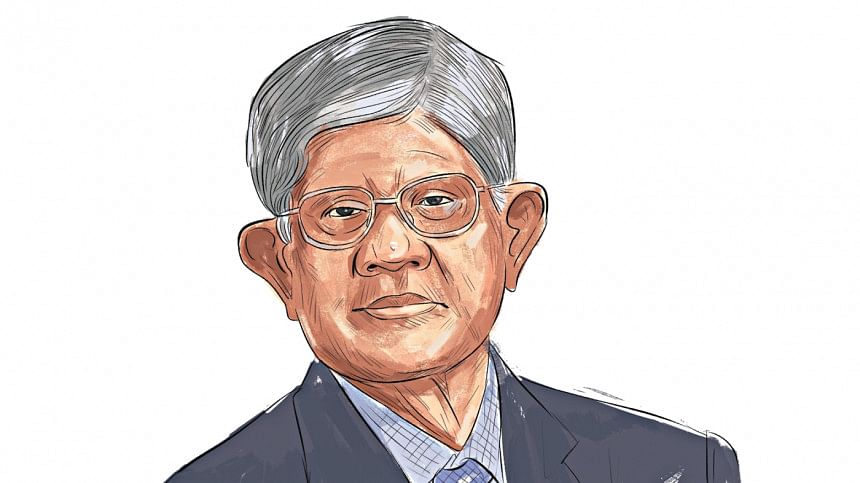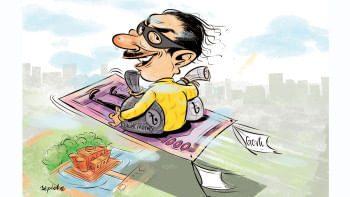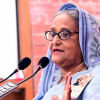Govt to give no quarter for black money

The interim government will not leave any scope for generating black money and the Bangladesh Bank is already working to bring money siphoned off abroad back into the country, Finance Adviser Salehuddin Ahmed said yesterday.
He made these comments after meeting with a delegation of the United Nations at the National Economic Council (NEC) of the Planning Commission in Dhaka.
Ahmed, also a former governor of the country's central bank, said the interim government is receiving many proposals regarding amendments to budgetary measures for fiscal year 2024-25.
"So, the budget will be amended but unilateral decisions cannot be taken in this regard," he added while emphasising that no scope will be given to generate black money.
Responding to a question regarding the country's foreign debt, Ahmed said loans will now be taken selectively considering the growing external burden.
"Foreign loans will not be taken for projects that linger for years," he added.
Earlier in the day, Helen LaFave, chargé d'affaires of the US Embassy in Dhaka, called on Ahmed at his office at the secretariat and shared America's observations regarding labour rights in Bangladesh.
At the meeting, the issue of granting the Generalised System of Preference (GSP) for Bangladesh, which the Obama administration had canceled following the collapse of Rana Plaza.
And although Ahmed said issues related to labour rights would be resolved quickly, he did not go into details about the discussion on this matter.
Ahmed expects that the US might restore the GSP benefit for Bangladesh if certain conditions are met as some problems remain.
"Some US companies complained that they were unable to send their earnings back home. Many of our companies were also banned in the US," he said while adding that a high-level US delegation will soon come to Bangladesh to resolve the issues.
He said the US is an important country for Bangladesh, both politically and economically.
From an economic viewpoint, most embankments in coastal areas, including Bagerhat and Pirojpur, were financed by the US.

 For all latest news, follow The Daily Star's Google News channel.
For all latest news, follow The Daily Star's Google News channel. 









Comments